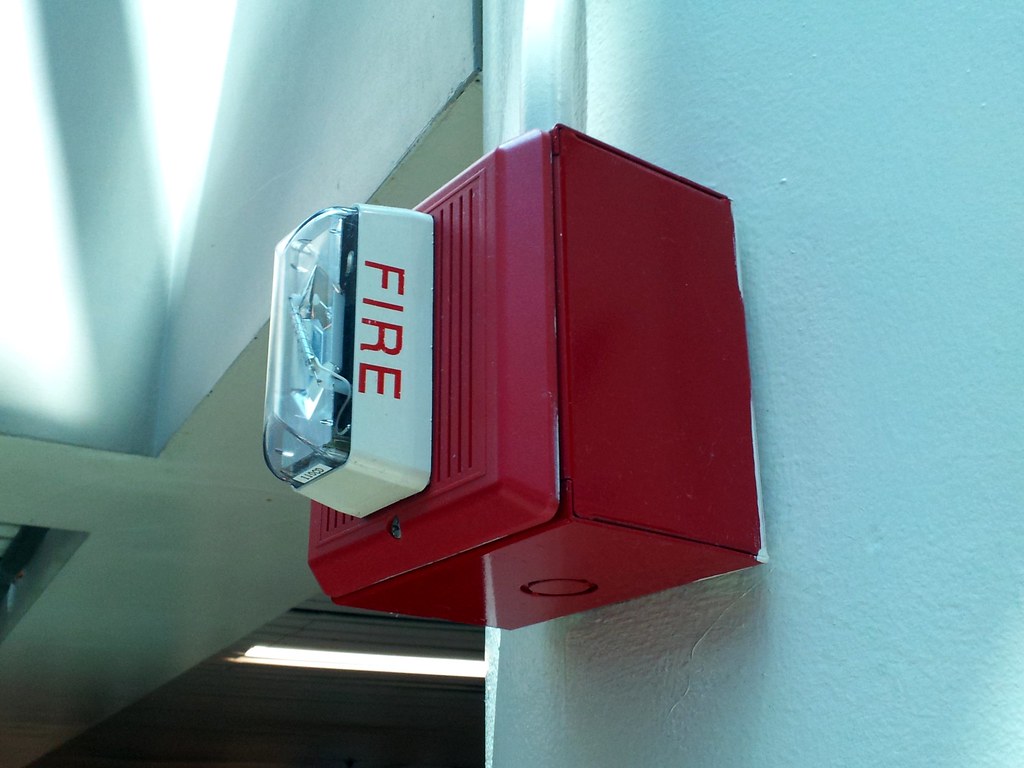Are you considering getting an energy audit but aren’t sure if you should get one? Is an energy audit worth it for the price they charge? In this blog, we will explain what an energy audit is, why it is important and what happens as a part of the process.
Why are Energy Audits Important?
Energy Audits are available to everyone, however, very few people end up actually getting an audit carried out when required, frequently this comes down to the price. An average energy audit can cost anywhere between £60 to £120. Despite that, energy audits are worth it because they can save you a great deal on your energy bills in the future. With energy bills increasing rapidly, this may be the best time to get an energy audit. An energy audit could also reduce your carbon footprint, something that is becoming more and more important to many homeowners. Depending on the house an energy audit can save you up to 30% on your energy bills which means more money to spend elsewhere.
What is an Energy Audit?
An energy audit is an assessment of your home or commercial building to determine if the building is energy efficient. Being energy-efficient means using less energy/electricity to power or heat up a home or building. After the assessment is finished the results will tell you about your home or building’s weaknesses and strengths when it comes to saving energy. Your building will get an energy star rating between 1 and 100. Anything over 75 means your home or building is a top performer.
What Happens in an Energy Audit?
In energy audits, there are three parts; evaluation, testing, and efficiency recommendations. In the evaluation part, the energy auditor will assess the inside and outside of your home and building to determine any energy usage and problem areas. The auditor will analyse all heating and cooling systems that may be wasting energy. Auditors will also check the HVAC system and insulation levels. This means they will check your basement and exterior attic walls to see how much heat is being lost. They will also factor in things such as amount of doors and windows to give a more accurate asssment.
After the evaluation, the auditor moves on to the testing phase. One of the tests they use is called the airtightness test or, as it is refered to by some, the blower door test. The airtightness test checks for any leakage of air in a house or building. It aims to find any cracks or holes that might be leaking heat outside. A fan pulls out interior air through the cracks and holes within the building. An auditor will use a feather or their hand to see or feel where the wind is coming from.
The final step after all the assessments is creating a list for the customer on recommendations, to make their home or building more energy efficient.
Contact MT Electrical for Domestic Electrical Services
Get in touch with our professional team at MT Electrical for domestic electrical services as well as any other electrical requirements that you may have. Call 07813 137236 or use our contact form.








